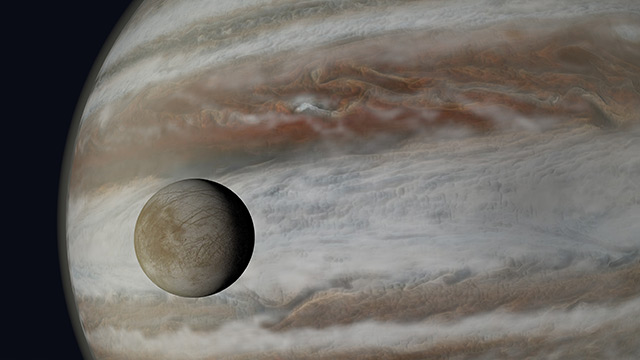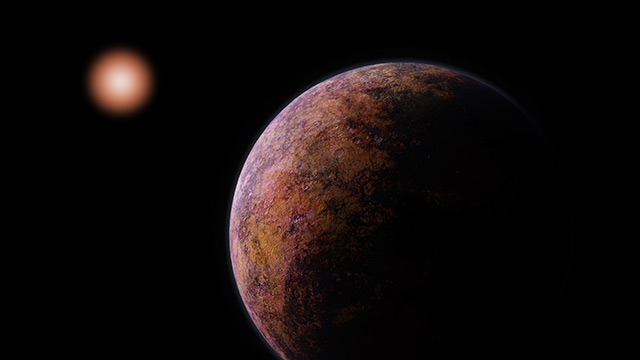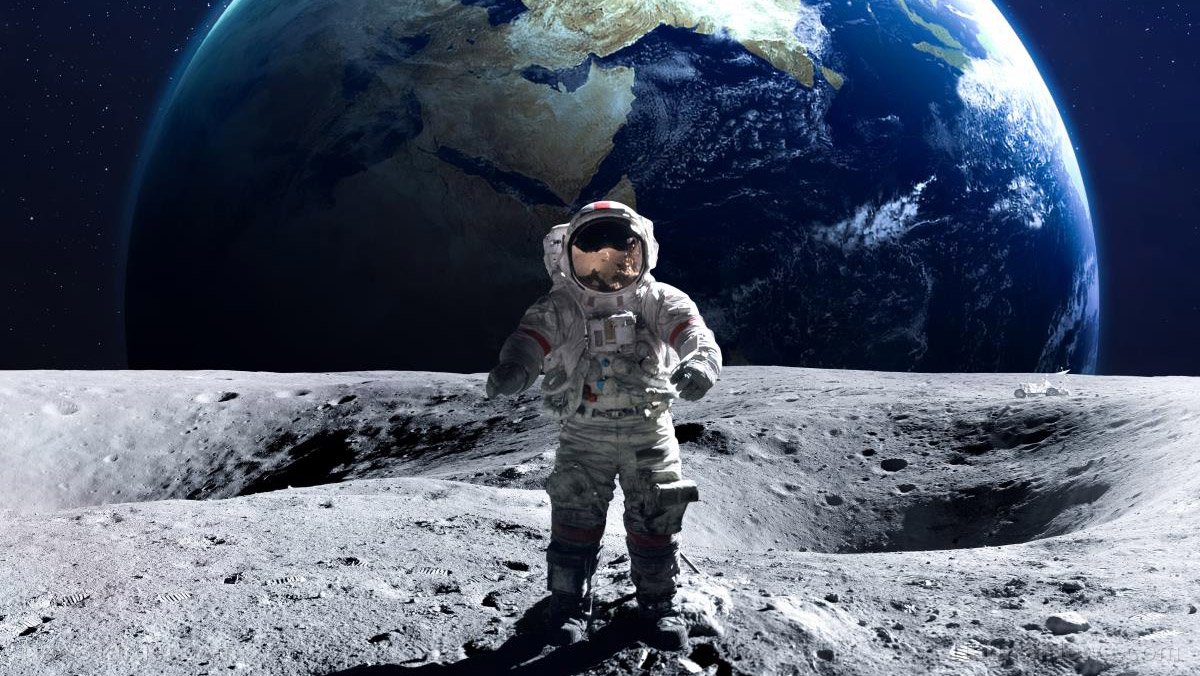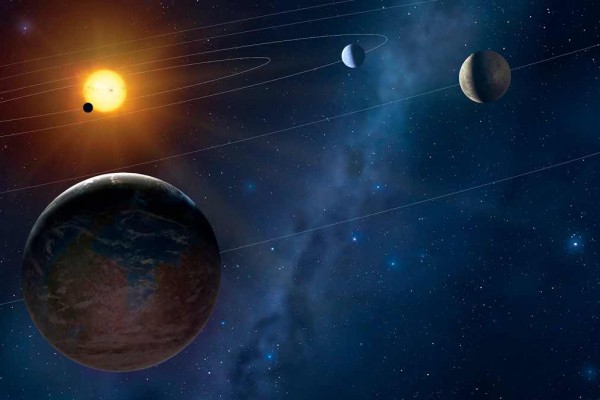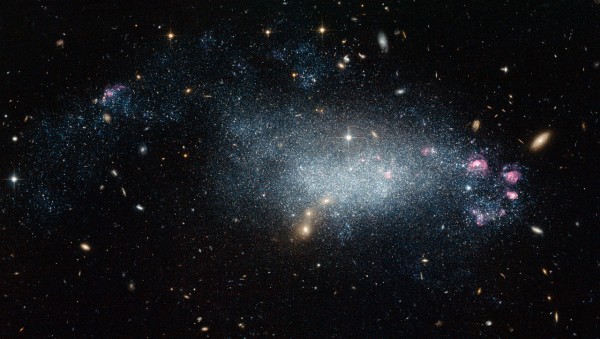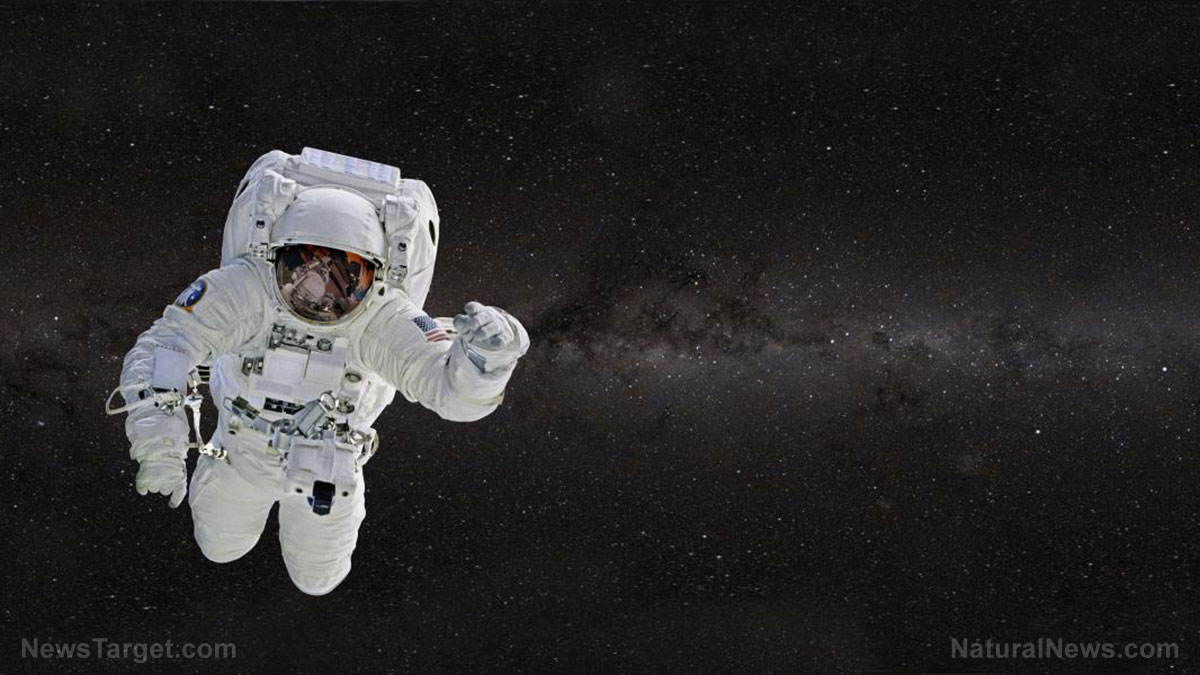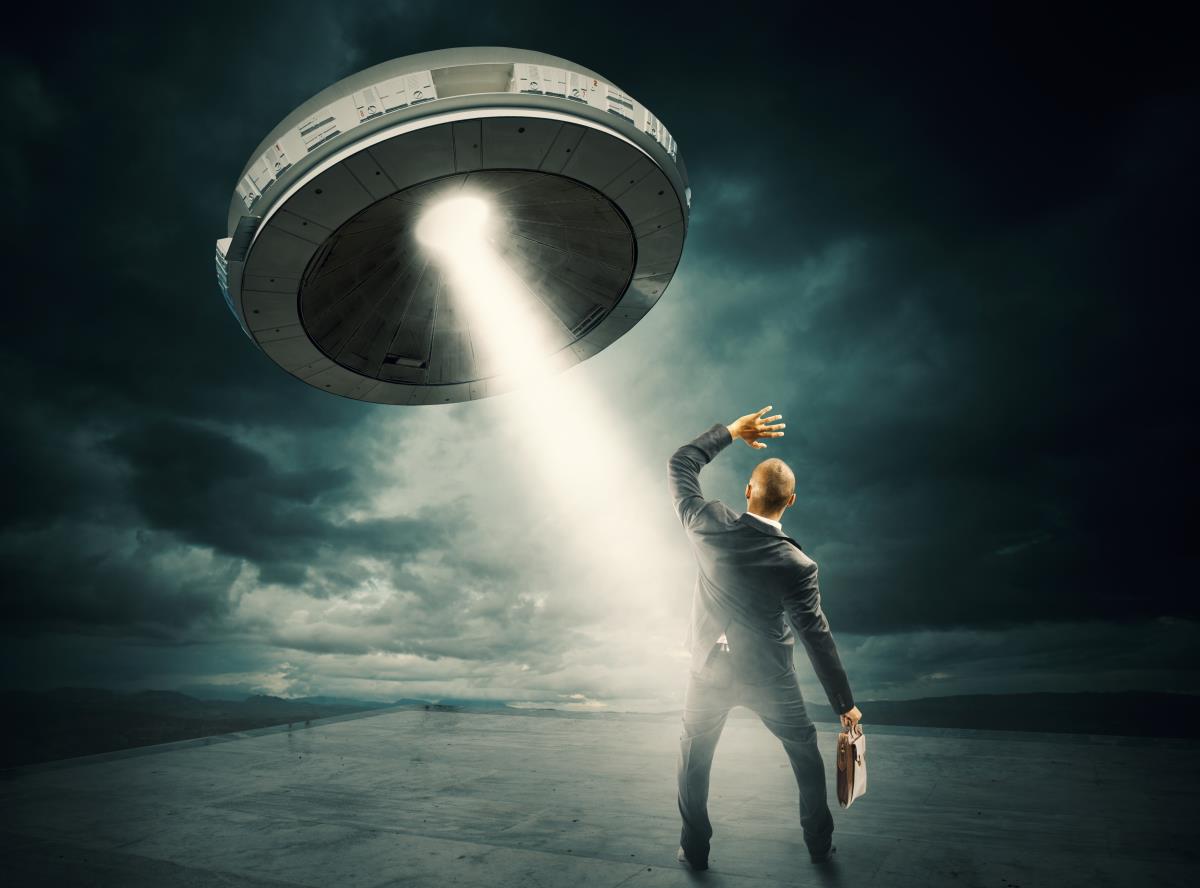NASA just awarded Elon Musk’s SpaceX program with a contract to shuttle astronauts to the International Space Station (ISS). Although SpaceX has been trying to develop trustworthy rockets for years, this will be the company’s first mission of this kind.
NASA gave SpaceX the go signal for future flights last Friday. The first flight isn’t scheduled to take off until 2017. The space technology company will build a rocket which may be used for the flight, giving SpaceX plenty of time to correct what went awry during the failed space launch last June.[1]
Giving the rookie a chance
Elon Musk’s SpaceX has developed a myriad of rockets but is still a rookie in the space business. They’ve made six successful resupply runs to the ISS in the past four years. In June, however, an unmanned rocket burst into flames shortly after take off, which was intended to deliver supplies to the ISS. While the initial launch was a failure, NASA has awarded SpaceX with two future space missions.[2]
“It is important to have at least two healthy and robust capabilities from U.S. companies to deliver crew and critical scientific experiments from American soil to the space station throughout its lifespan,” NASA’s Commercial Crew Program manager, Kathy Lueders, said in a statement.[1]
The U.S. space shuttle program was shut down in 2011. Since then, NASA has been handing over billions of dollars to Boeing and SpaceX in an effort to restore American access to the ISS. NASA has to rely on Russia to send astronauts back and forth. The competition between SpaceX and Boeing may put an end to the United States’s dependency on Russia. It costs a whopping $70 million per seat to use Russia’s Soyuz capsules for transport.[1]
In addition, previous rockets that have aided NASA for most of the ISS’s existence have been grounded. Consequently, there is a great need for a new generation of rockets that can safely deliver both astronauts and supplies.
SpaceX versus Boeing
Though the space agency contracted with SpaceX, NASA awarded Boeing the same contract. The space agency hasn’t verified whether they will use SpaceX’s rockets or Boeing’s rockets for the 2017 launch. “Determination of which company will fly its mission to the station first will be made at a later time,” NASA said in a press release.[1]
SpaceX is currently flying cargo missions to the ISS and developing a new version of its Dragon capsule to transfer cosmonauts. The 2017 flight is expected to carry four NASA sponsored crew members and approximately 220 pounds of pressurized cargo onboard the ISS.
“The authority to proceed with Dragon’s first operational crew mission is a significant milestone in the Commercial Crew Program and a great source of pride for the entire SpaceX team. When Crew Dragon takes NASA astronauts to the space station in 2017, they will be riding in one of the safest, most reliable spacecrafts ever flown. We’re honored to be developing this capability for NASA and our country,” said Space X President and COO Gwynne Shotwell.[2]
Once the 2017 space mission arrives, NASA will choose whether it would prefer a space vehicle from Boeing or SpaceX to send astronauts to the ISS from American soil. Each company is required to complete a certification process before NASA can approve the final flight. Both contracts ensure a minimum of two and a maximum of six potential space missions.[3]
The space race is back on and Russia is ahead of the curve. In an effort to restore American independency, NASA has pinned two of the best rocket enterprises against each other, only one of which can expect to blast off.
Sources include:
[1] DailyMail.co.uk
[2] Inquisitr.com
[3] NorthernCalifornian.com






